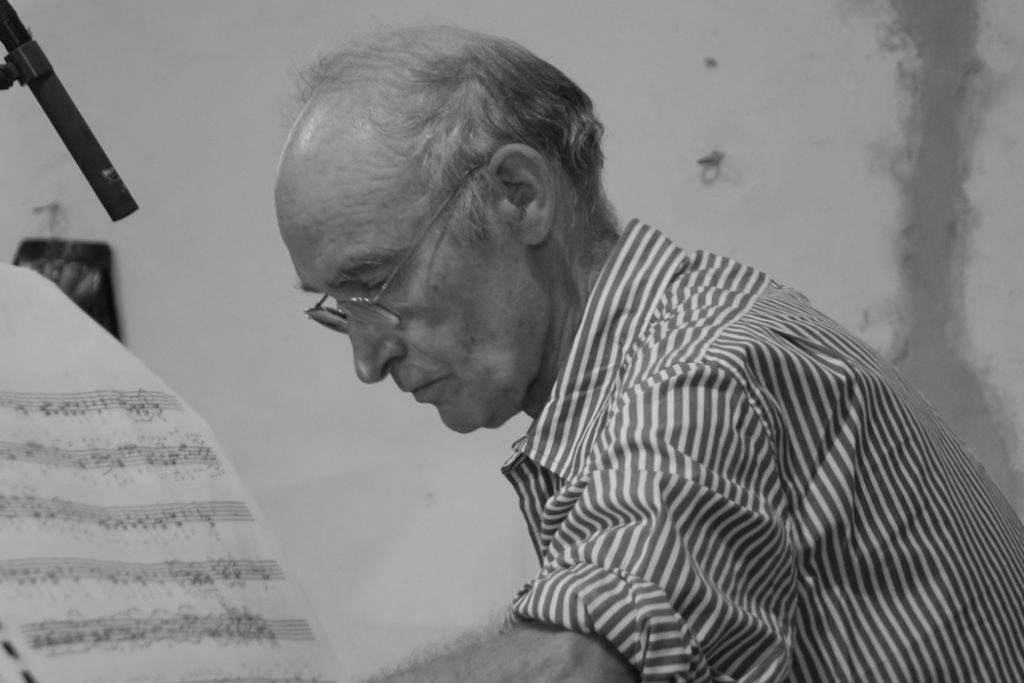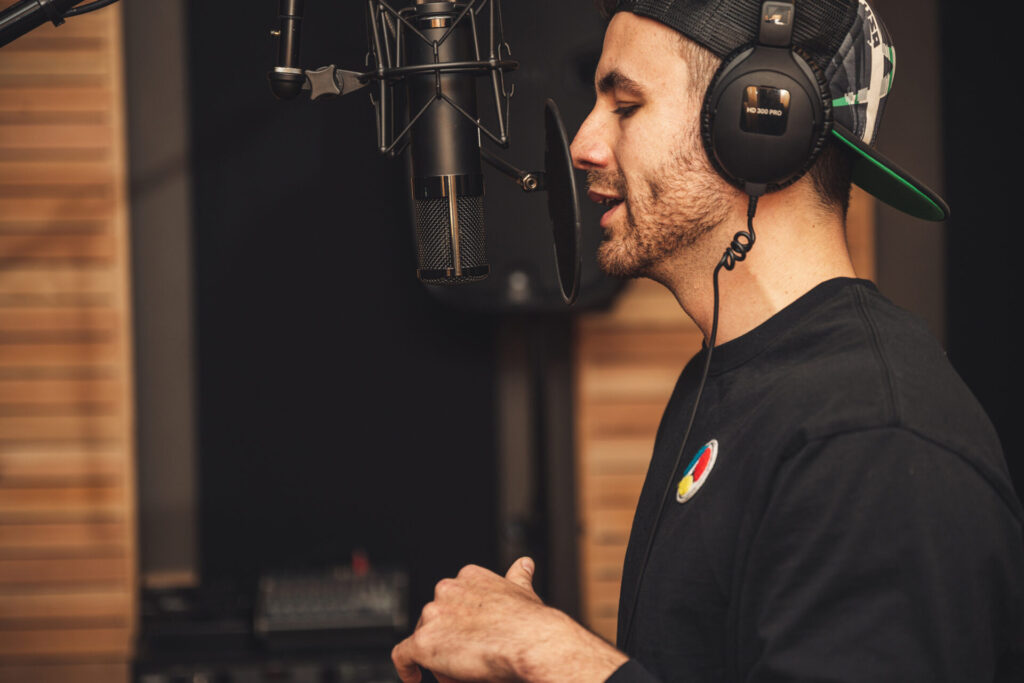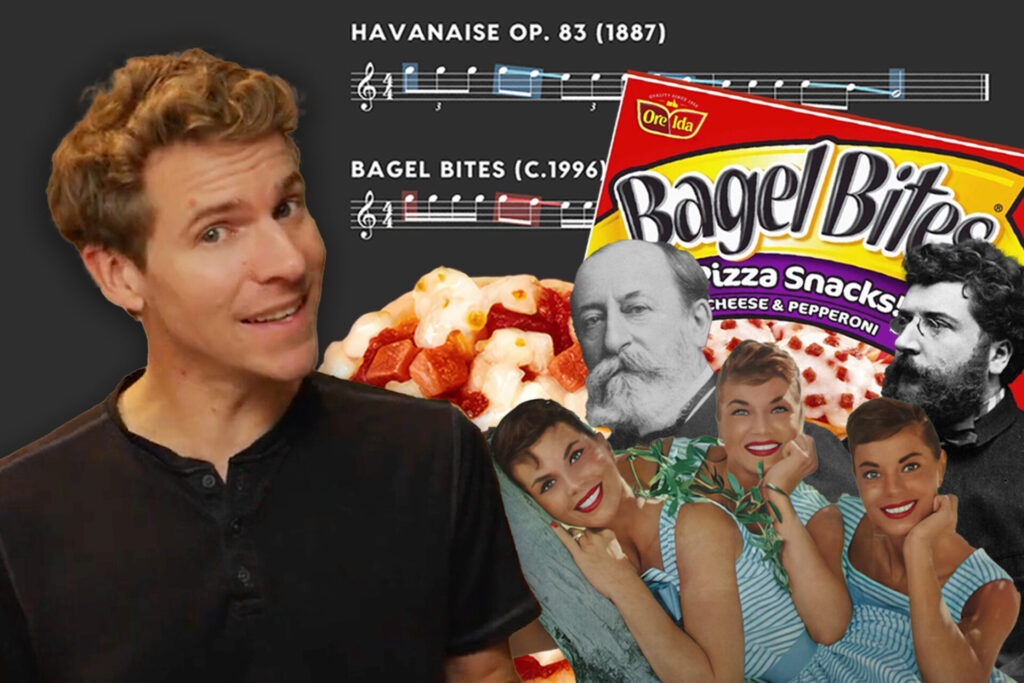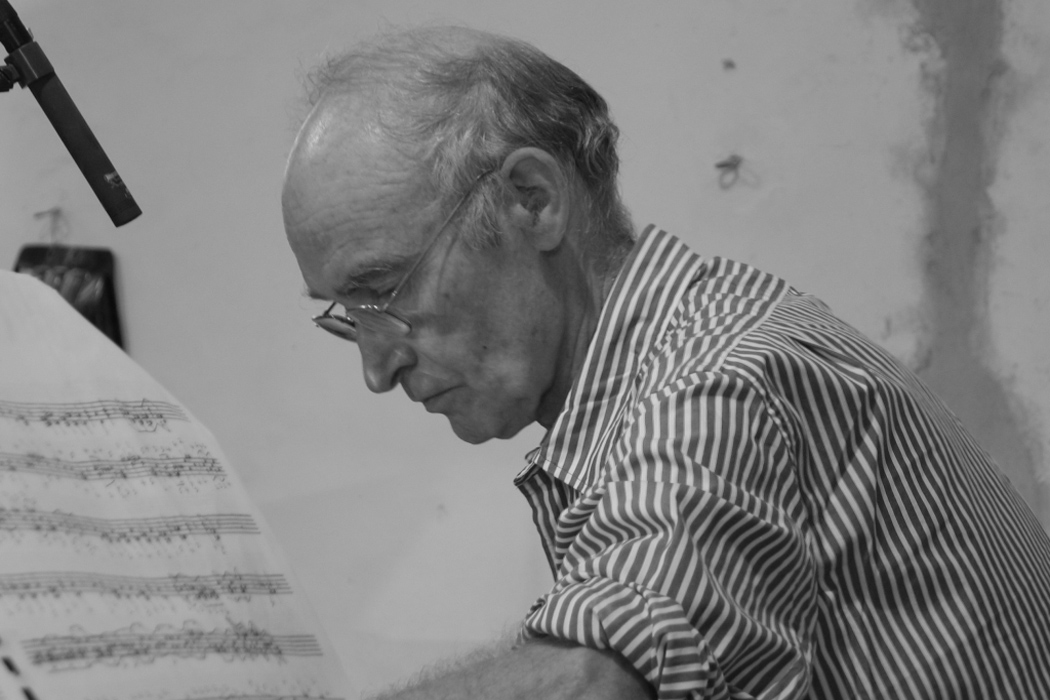
+ Welcome to Soundfly! We help curious musicians meet their goals with creative online courses. Whatever you want to learn, whenever you need to learn it. Subscribe now to start learning on the ’Fly.
Christian G. Wolff was born in Nice, France, in 1934. The son of Kurt Wolff, a famous publisher (the first to publish Franz Kafka), Christian was raised in an intensely intellectual and creative household.
Almost entirely self-taught, Wolff studied piano at a young age with Grete Sultan and later, though more through osmosis, composition with local New Yorker avant-garde big gun John Cage. At a young 16 years old, living and working in New York, Wolff was taken under the wing of not only John Cage but his fellow composers and new musical thinkers Morton Feldman and Earl Brown.
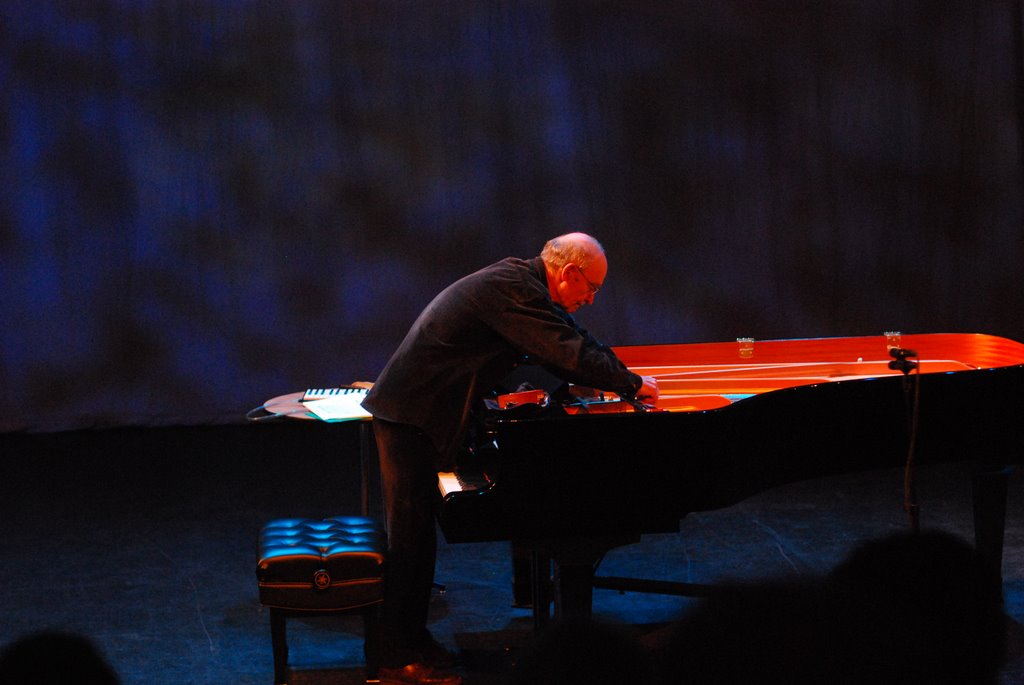
Whilst in these early days, these three New York composers assumed more of a mentor role for the young Wolff and it soon became apparent that his aptitude for original, thought-provoking work was of equal merit to that of his mentors and thus his place among the New York School was earned; “Orpheus in tennis sneakers,” as Feldman described him in his book Give My Regards to Eighth Street.
Wolff’s early compositions had a strong emphasis on exploring silence, indeterminacy and often explored creative, new ways of including improvisation amongst groups and for solo performers alike.
One such piece is his 1964 work “For 1, 2 or 3 People.”
Wolff writes:
“A situation is indicated, but not when one enters into it, nor, necessarily, for how long one is in it. Durations of the individual notes may be indicated as relatively short, long or free, or they may be determined by the requirements of a situation… The players constantly have options of what to play (say, one of three pitches, any pitch at a fixed loudness, any loudness at a fixed timbre). It’s as though you take a walk with a friend or friends, going by whatever way you like, agreeing on the way, with a direction in mind or getting lost or going nowhere in particular, and you are absorbed by this: the landscape in which they walk is what is given.”
Other pieces in this similar style include his “Duo for Violins” (1950),
and “‘Summer’ for String Quartet” (1961).
Throughout the 1960s and ’70s, Wolff began to engage with the political happenings of the time, working alongside composers such as American Frederic Rzewski and Briton Cornelius Cardew. He would often include politically charged text and protest material in his work, later becoming associated with Wobblies (The Industrial Workers of the World).
Some of Wolff’s most important political works include “Exercise” (1973 -),
“Changing the System” (1973),
and “Peace March” (1983 -2005).
As did Cage and other composers of the era, Wolff worked extensively alongside dance practitioner Merce Cunningham. He continued in Cage’s legacy developing an original style where music and dance occur simultaneously, yet somewhat independently of one another. Common now, but revolutionary at the time, Wolff wrote of his desires to turn the making of music into a collaborative and transformative activity (performer into composer into listener into composer into performer, etc.), and the cooperative character of the activity to the exact source of the music.
In 1999, Christian Wolff’s music reached an entirely new audience after being performed and recorded by Sonic Youth in their album Goodbye 20th Century. Alongside John Cage, Yoko Ono, Steve Reich, and Pauline Oliveros, Wolff’s music was performed by several collaborators from the modern avent-garde instrumental and electronic music scene. Performers included the likes of Jim O’Rourke, Christian Marclay, William Winant, Wharton Tiers, and Takehisa Kosugi, as well as Wolff himself.
Beginning his professional musical journey aged just 16 and still composing and performing now at 85 years old, Christian Wolff has had an unquestionably long and fruitful career. His music has been performed around the world and his approach has remained original and at the forefront of the avant-garde throughout.
I’ll leave you with one of his more recent works, and one of my all-time favorites, “Resistance” (2017).
Improve all aspects of your music on Soundfly.
Subscribe to get unlimited access to all of our course content, an invitation to join our members-only Slack community forum, exclusive perks from partner brands, and massive discounts on personalized mentor sessions for guided learning. Learn what you want, whenever you want, with total freedom.
